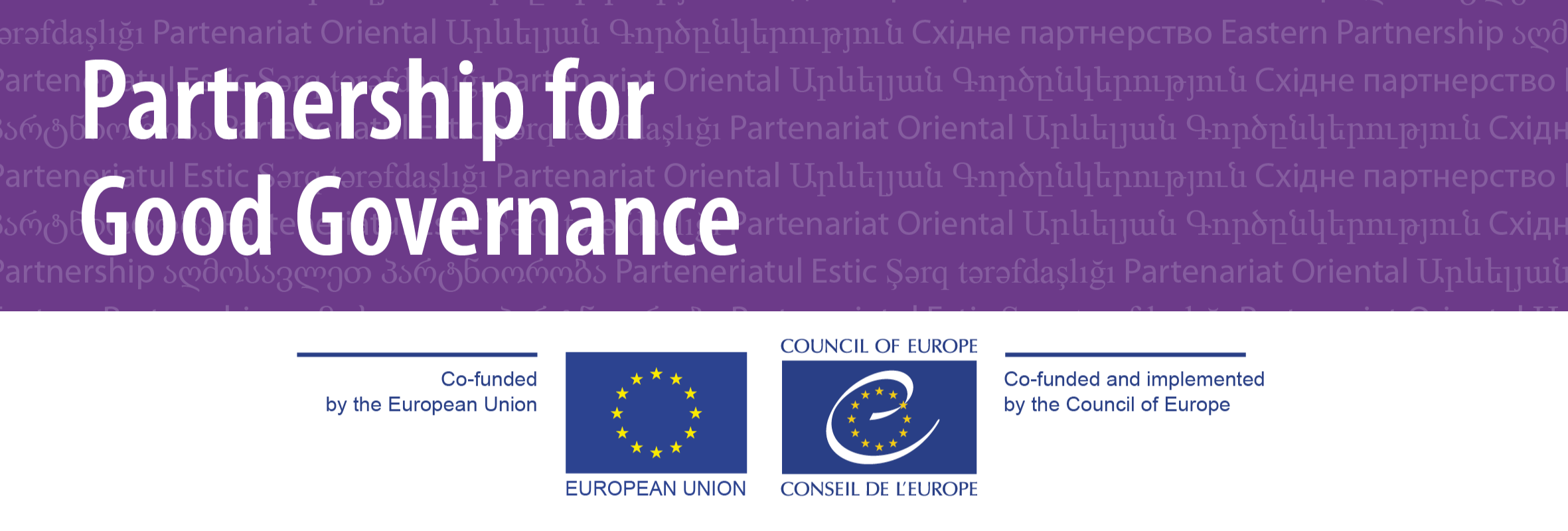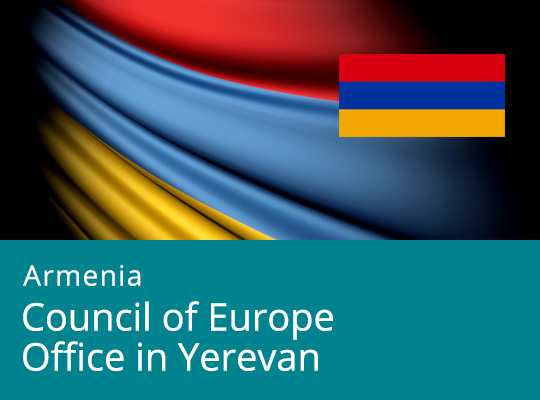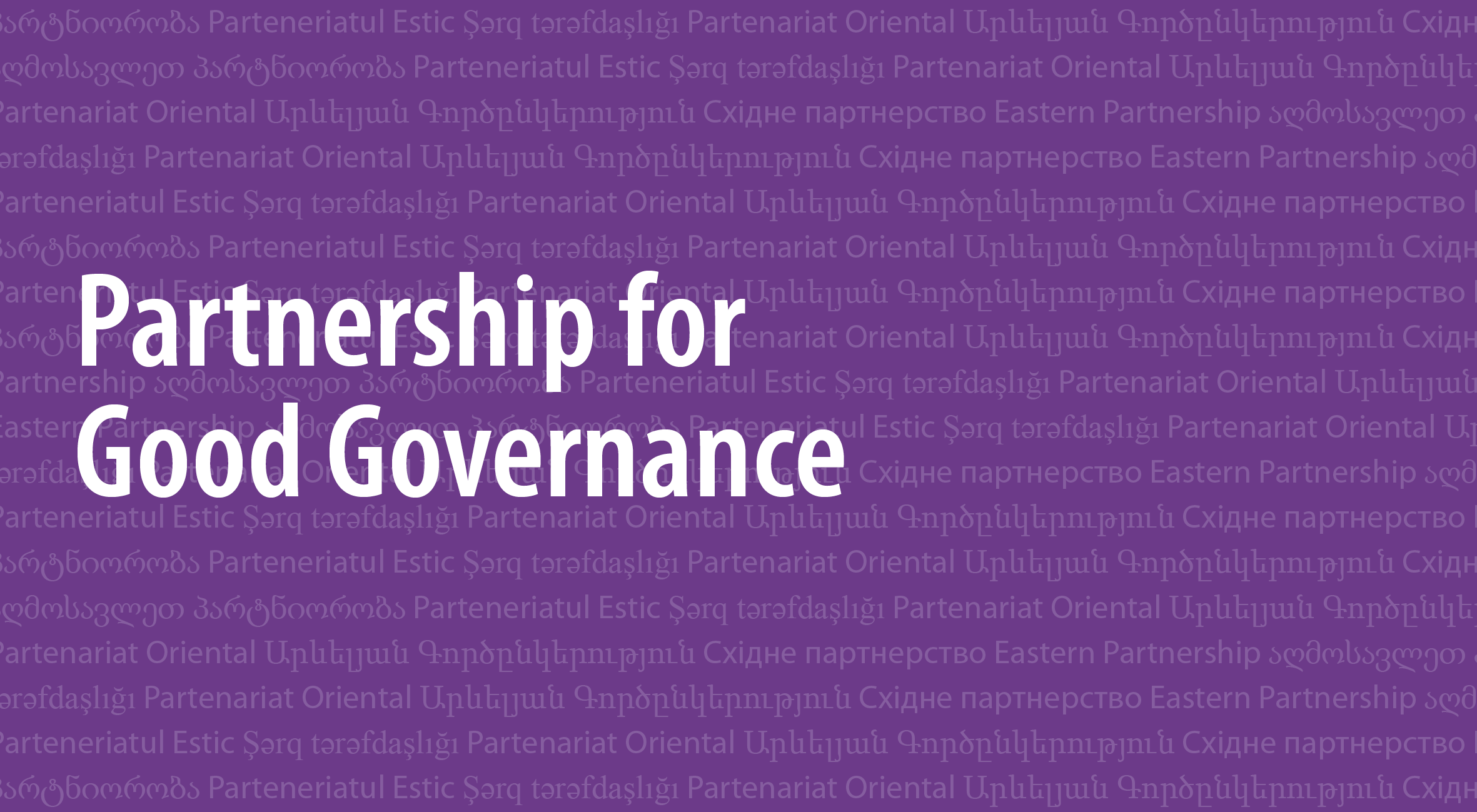A comprehensive mediation training program, organised within the framework of the "Support to the Justice Reform in Armenia" project, commenced on 17 November and will run until 24 November.
Twenty prospective mediators are actively participating in the training, which aims to strengthen the country's alternative dispute resolution system through the development of a pool of highly skilled mediators. The curriculum, spanning a total of 40 hours, covers fundamental principles of mediation theory and its practical application. Council of Europe experts designed a program aiming to provide participants with the knowledge and skills essential for excelling in their roles as prospective mediators.
‘’The training program significantly contributes to the establishment of a mediation institute in Armenia. Experienced trainers employ a well-rounded approach, integrating both theoretical and practical methods, and sharing their expertise to facilitate a comprehensive understanding of the essence of mediation and the acquisition of essential skills. Furthermore, the training plays a crucial role in fostering a sense of community among mediators in Armenia through collaborative learning experiences’’, stressed Artak Kirakosyan, president of Civil Society Institute.
One of the highlights of this initiative is the fruitful cooperation between the Council of Europe, the Ministry of Justice in Armenia and Arbitration and Mediation Centre of Armenia (AMCA).
‘’We are thankful to the Council of Europe for their support in organising this important training initiative. It is important to recruit new members of the mediation community and revitalize the mediation in Armenia, which has not developed since its introduction years ago. The legislative changes implemented last year introduced new tools that require the expertise of qualified professionals. This intensive training program serves as a logical and essential continuation of those reforms’’, said Tigran Dadunts, Director of the “Centre for Legislation Development” Foundation of the Ministry of Justice of the Republic of Armenia
This cooperation reflects the commitment of the engaged stakeholders to work collaboratively towards meaningful justice reform. As the training progresses, it is anticipated that these efforts will result in long-term benefits for the Armenian justice system and its stakeholders, inter alia by reducing backlog at courts.
The training is part of the joint European Union and Council of Europe programme “Partnership for Good Governance”, co-funded by the European Union and the Council of Europe, and implemented by the Council of Europe.
The organisation of the training was also supported by the Arbitration and Mediation Centre of Armenia (AMCA).
Background:
The “Partnership for Good Governance” (PGG) is a joint initiative of the European Union and the Council of Europe for strengthening good governance in the Eastern Partnership region.
PGG provides tailor-made support to Eastern Partnership countries to bring their legislation and practice closer to European standards in the fields of human rights, rule of law and democracy. It supports, in particular, Eastern Partnership countries’ domestic reforms to strengthen justice, counter economic crime, promote equality and non-discrimination, advance women’s access to justice and combat violence against women.






